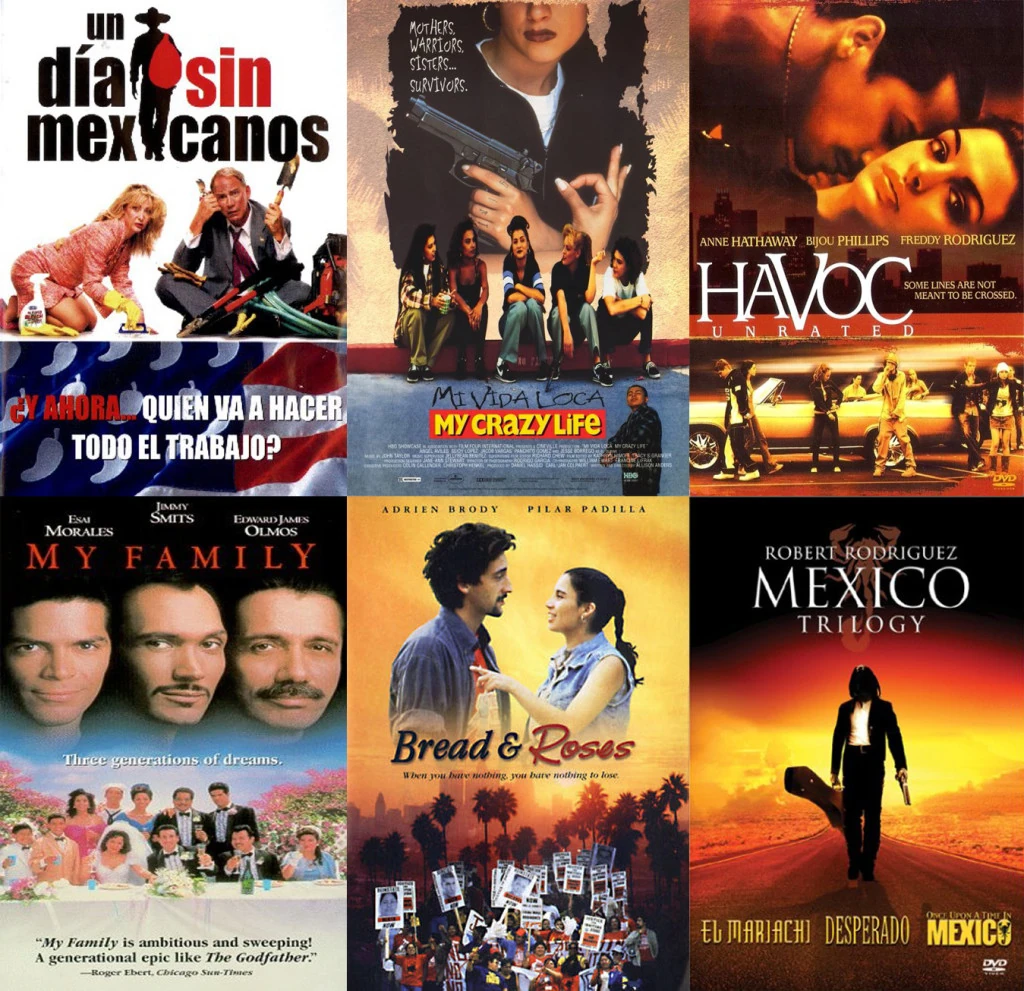Masculinities in Robert Rodríguez’s Mexico Trilogy
(pp. 46-65; DOI: 10.23692/iMex.2.4)
 Cargando...
Cargando...
 Cargando...
Cargando...Dr. Alexandra Simon-López
 Dr. Alexandra Simon-López is Senior Lecturer in German Studies at the University of Eastern Finland. She holds a PhD in Comparative Literature, a MA in Romance Languages and Political Science, and her main research areas are surrealism, European avant-garde, digital literature, migrant film, and intercultural communication. She has worked at the University of Nantes (France), Anglia Ruskin University Cambridge (UK), University of Cambridge Language Centre (UK), and the University of Joensuu (Finland).
Dr. Alexandra Simon-López is Senior Lecturer in German Studies at the University of Eastern Finland. She holds a PhD in Comparative Literature, a MA in Romance Languages and Political Science, and her main research areas are surrealism, European avant-garde, digital literature, migrant film, and intercultural communication. She has worked at the University of Nantes (France), Anglia Ruskin University Cambridge (UK), University of Cambridge Language Centre (UK), and the University of Joensuu (Finland).
In this article, I discuss various layers of masculinity, in particular hegemonic masculinity and the notion of ‘machismo’ used by Robert Rodríguez in his Mexico Trilogywhich comprises the films El Mariachi (1992), Desperado(1995), and Once upon a time in Mexico (2003). Their focus on male hybridity is of particular interest for this study because it could be regarded as an important means of resistance to patriarchal masculinity which links up to the symbolism of Western colonialism in the films. Ultimately, El Mariachi, Desperado and Once upon a time in Mexico question traditional hegemonic masculinity quite successfully, although the last part of the trilogy is considerably more explicit in its post-colonial agenda.
Guido Rings - Editorial
Thea Pitman - “Authentic” Chicano cinema?
Sarah Barrow - Humour in “Un Dia Sin Mexicanos”
Alexandra Simon López - Machismo in the “Mexico Trilogy”
Richard Mora - The Cinematic Cholo in “Havoc”
Gabrielle Carty - Integration in “My Family”
F.J. Castaño / D. Esteban Bretones / Tamar Abuladze - Spectators on “Bread and Roses”
Reseñas

